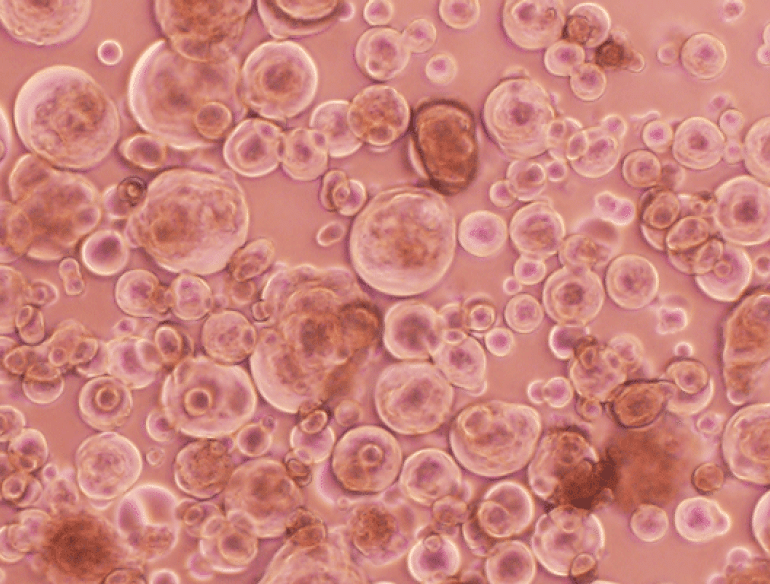Researchers at the Doherty Institute and Kirby Institute have gathered evidence to clarify the role vaccine-induced T cells play in the fight against COVID-19.
While there is compelling evidence neutralising antibodies are important for protection from COVID-19, it is unclear whether other immune mechanisms such as T cell responses to the virus may also play a role in protection.
Published recently in Nature Reviews Immunology, their paper examined the role of vaccine-induced T cells in two distinct stages of infection: in protection from acquisition of symptomatic SARS-CoV-2 infection following exposure and, if infection does occur, how they reduce the risk of developing severe disease.
University of Melbourne Professor Stephen Kent, a Laboratory Head at the Doherty Institute and lead author on the paper, said that the team found strong evidence that vaccine-induced memory T cells did not have an impact in preventing symptomatic infection.
In the case of protection from severe COVID-19, they found no current evidence for a direct action of T cells in protection.
However, they were not able to exclude a potential role of T cells in reducing the severity of infection.
“Although neutralising antibodies correlate strongly with protection from COVID-19, determining any role for T cells in COVID-19 is critical for next-generation vaccine design and development," Professor Kent said.
“While current vaccines reduce the risk of SARS-CoV-2 infection, this protection is not perfect and breakthrough infections still occur, particularly with novel viral variants.”
Professor Miles Davenport head of the Infection Analytics Program at the Kirby Institute at UNSW Sydney and co-lead investigator on the study, explained that there are two major challenges in identifying any potential role for T cells in vaccine protection from severe COVID-19.
“The first is that severe infection is fortunately rare in vaccinated subjects, so you need to study a lot of people to understand it,” Professor Davenport said.
“Secondly, we already know from treatment studies with monoclonal antibodies that antibodies protect from severe infection, so we need to somehow remove this effect and understand any independent effects of the T cell response.
“While this means experiments to identify any role of T cells are inherently quite difficult, it is a path that needs to be pursued.”
Header Image
Image credit: Stuart Turville
